
Israel hits Hezbollah targets after football pitch strike kills 12 young people
Israel’s air force says it has hit Hezbollah targets in Lebanon, after 12 children and young adults were killed in a rocket strike while playing football in the Israeli-occupied Golan Heights.
Israel has blamed the Lebanese militant group for Saturday’s strike on the Druze town of Majdal Shams, but Hezbollah has strongly denied any involvement.
Early on Sunday, the IDF said it had conducted air strikes against seven Hezbollah targets “deep inside Lebanese territory”. It is unclear whether there were any casualties.
The rising tensions have the potential to trigger an all-out war between Israel and Hezbollah, whose forces have regularly exchanged fire since the outbreak of the Israel-Gaza war in October.
Saturday’s bloodshed at the town’s football pitch was the deadliest loss of life in and around Israel’s northern border since 7 October when Hamas attacked Israel.
Fighting with Hezbollah, which had previously been sporadic, escalated when Hezbollah fired rockets at Israeli positions the day after the Hamas attack, in solidarity with the Palestinians.
Israeli Prime Minister Benjamin Netanyahu vowed retaliation against Hezbollah immediately after Saturday’s strike, saying the group would “pay a heavy price”.
Hours later, the Israeli Air Force said it had struck “terror targets” including “weapons caches and terrorist infrastructure” overnight.
A UN statement said “maximum restraint” was crucial by all parties, with the risk of a wider conflict that would “engulf the entire region in a catastrophe beyond belief”.
Hezbollah spokesman Mohamad Afif denied responsibility for the strike, and the BBC is trying to verify reports that the militant group told the United Nations that the explosion was caused by an Israeli interceptor rocket.
Israel’s foreign ministry released names and ages for 10 of those killed, saying they were children aged between 10 and 16. An eleventh person was named but no age given. The details of the twelfth casualty were not confirmed.
Verified video shows crowds of people on a football pitch and stretchers being rushed to waiting ambulances.
Majdal Shams is one of four villages in the Golan Heights, where about 25,000 members of the Arabic-speaking Druze religious and ethnic group live.
Before reports of the strike’s impact emerged, Hezbollah had claimed responsibility for four other attacks.
One was on a nearby military compound on the slopes of Mt Hermon, which lies on the border between the Golan Heights and Lebanon. The base is around 3km (2 miles) from the football pitch.
IDF spokesman Daniel Hagari, who visited the scene of the attack, accused Hezbollah of “lying and denying responsibility for the incident.”
He said that the rocket was an Iranian-made Falaq-1 “owned exclusively by Hezbollah”.
“Our intelligence is clear. Hezbollah is responsible for the murder of innocent children,” he said, adding that Israel was preparing to retaliate.
Although Israel and Hezbollah regularly trade fire and have both suffered casualties, since October, both sides have refrained from actions which could escalate into a broader war in southern Lebanon.
Israeli Prime Minister Benjamin Netanyahu, who was on a visit to the US, is returning home early.
In an angry statement, Sheikh Mowafaq Tarif, the leader of the Druze community in Israel, said the “horrific massacre” had crossed “every possible red line”.
“A proper state cannot allow continuous harm to its citizens and residents. This has been the ongoing reality in the northern communities for the past nine months,” he added.
Foreign Minister Israel Katz told Israel’s Channel 12 news: “We are facing an all-out war.”
Israeli President Isaac Herzog called the incident a “terrible and shocking disaster” and said that “the state of Israel will firmly defend its citizens and its sovereignty”.
Lebanon’s government also issued a rare statement in response, saying it “condemns all acts of violence and aggression against all civilians and calls for an immediate cessation of hostilities on all fronts.
“Targeting civilians is a flagrant violation of international law and goes against the principles of humanity,” the statement added.
The US and EU have also condemned the attack.
UN envoy Tor Wennesland denounced the incident and urged restraint from all sides.
“The Middle East is on the brink; the world and the region cannot afford another open conflict,” he wrote on X.
Most Druze live in northern Israel, Lebanon, Jordan and Syria. In Israel, they have full citizenship rights and comprise about 1.5% of the population.
Those living in the Golan were offered Israeli citizenship when the region was annexed from Syria in 1981, but not everyone accepted.
Druze in the Golan can still study and work in Israel, though only those with citizenship can vote.
Male Israeli Druze are required to serve in the army. They are the largest non-Jewish group in the IDF.
The vast majority of the international community does not recognise Israel’s annexation of the Golan Heights. (From BBC)
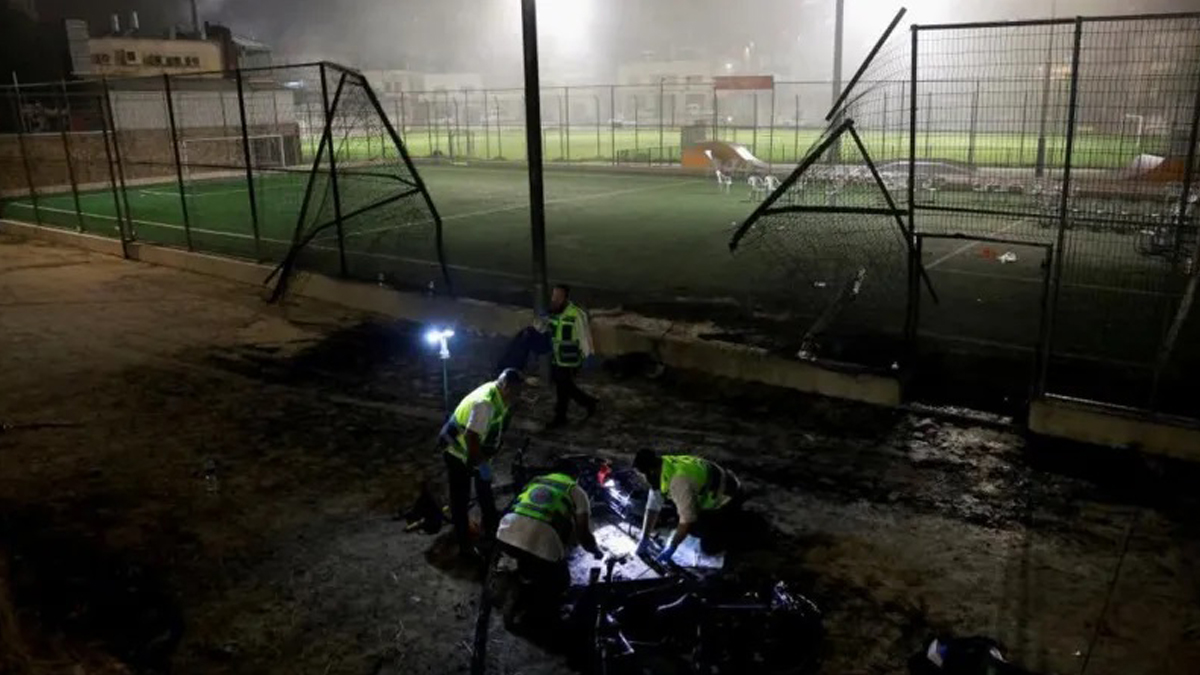
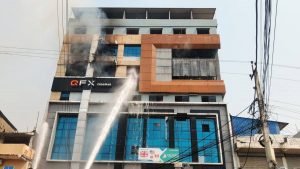
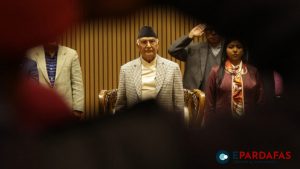
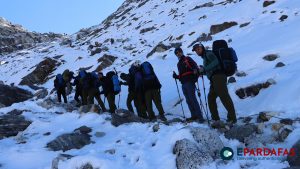


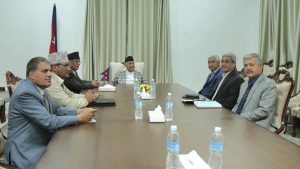
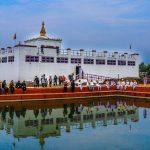





Comments